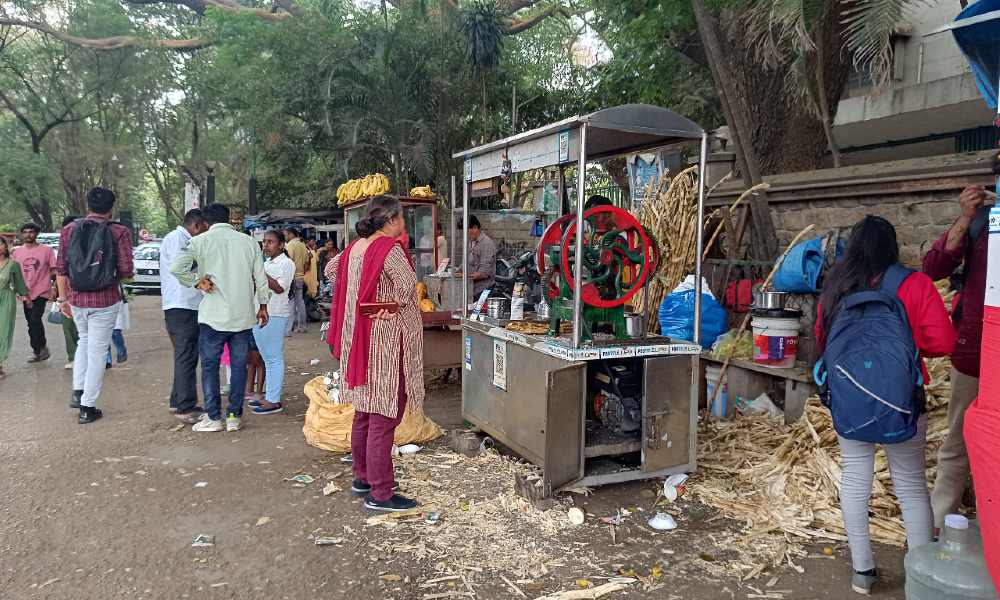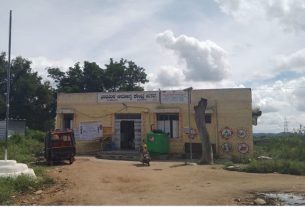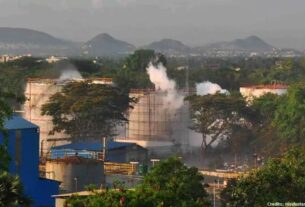FSSAI is extensively collecting samples from eateries in the city to ensure hygiene standards.
Severe heat. Water crisis. Cholera outbreak. The city is experiencing it all. The recent cholera outbreak in the city amidst the ongoing summer and water crisis has called for improved hygiene standards in eateries.
An official from the FSSAI said that food safety drives are being conducted across the city in light of the ongoing cholera outbreak. “These drives are conducted regularly, but we increased their frequency due to the disease outbreak. Samples are being collected from all types of food establishments in the city. These have been sent for testing and we expect the results in a few days. Necessary action would be taken based on the results,” he said.
The Karnataka Health and Family Welfare Department had earlier confirmed six cases of cholera in the state so far this year of which five were reported in March.
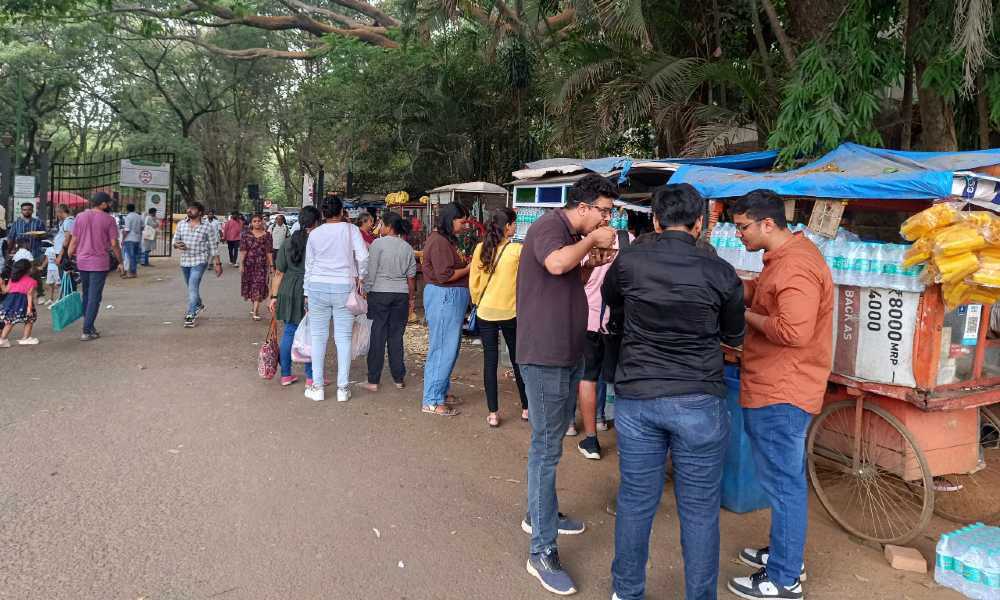
The Bruhat Bangalore Hotels Association (BBHA) recently wrote a letter to the Bruhat Bengaluru Mahanagara Palike (BBMP) and Food Safety and Standards Authority of India (FSSAI) urging them to look into the hygiene conditions at roadside eateries in the city in light of the cholera outbreak. P.C. Rao, the president of BBHA said, “Roadside eateries in the city do not prepare or serve food hygienically. Hence, they should be checked and stalls operating in violation of the hygiene standards should be shut down. Given the ongoing heat and disease outbreak, this has become all the more important.”
The letter also proposed the immediate closure of roadside eateries and the establishment of food courts and other alternatives for vendors to earn a living while ensuring hygienic food in the city. “The BBMP has responded by saying that they will look into the matter. However, we expect a delay due to the upcoming Lok Sabha elections,” he said.
Abdul, a street food vendor in Shivajinagar, said, “Everyone’s first target is us roadside vendors. Nobody bothers about how the food is prepared in the big hotels and restaurants. I have a small stall and I set it up where I can because that is all I can afford. I do honest business and do not do anything that would harm the health of my customers.”
Anitha, a college student said, “My friends and I usually eat food from roadside eateries due to its affordability. We try to avoid extremely unhygienic places, but we cannot entirely stop eating from outside. However, we have become more cautious after the outbreak of the disease.”
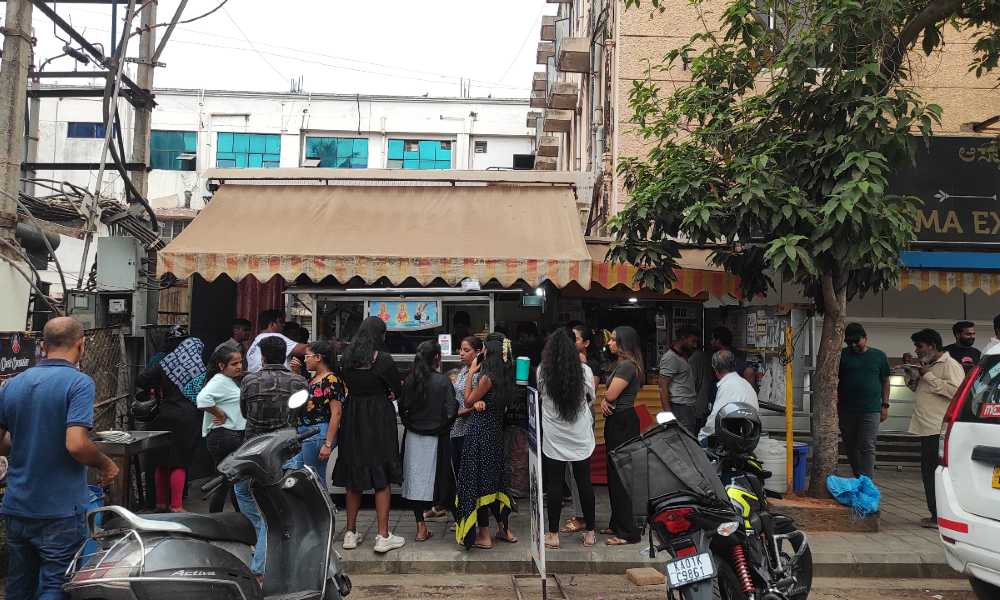
The FSSAI has urged the citizens to only consume freshly prepared food from eateries which are covered and not left in the open. “Citizens must remember to wash their hands before eating and avoid the consumption of highly spicy food and carbonated drinks as they might lead to further dehydration in the heat.”
Dr. Prajwal K.C., a general physician, explained that cholera, a bacterial infection, is an acute diarrheal disease caused by Vibrio cholerae. This water-borne disease is usually transmitted during summer and is associated with poor sanitation and hygiene. The classic symptom of cholera is sudden episodes of diarrhea and severe dehydration, he said. “Therefore, it is advisable to avoid consuming fresh juices and uncooked or partially cooked foods as they might be infected with the bacteria. Instead, it is better to drink boiled or bottled water from eateries,” he said. He added that authorities must conduct regular checks and treat the water if necessary to prevent the disease. “Ensuring sanitation and hygiene is the best way to prevent the disease,” he added.

